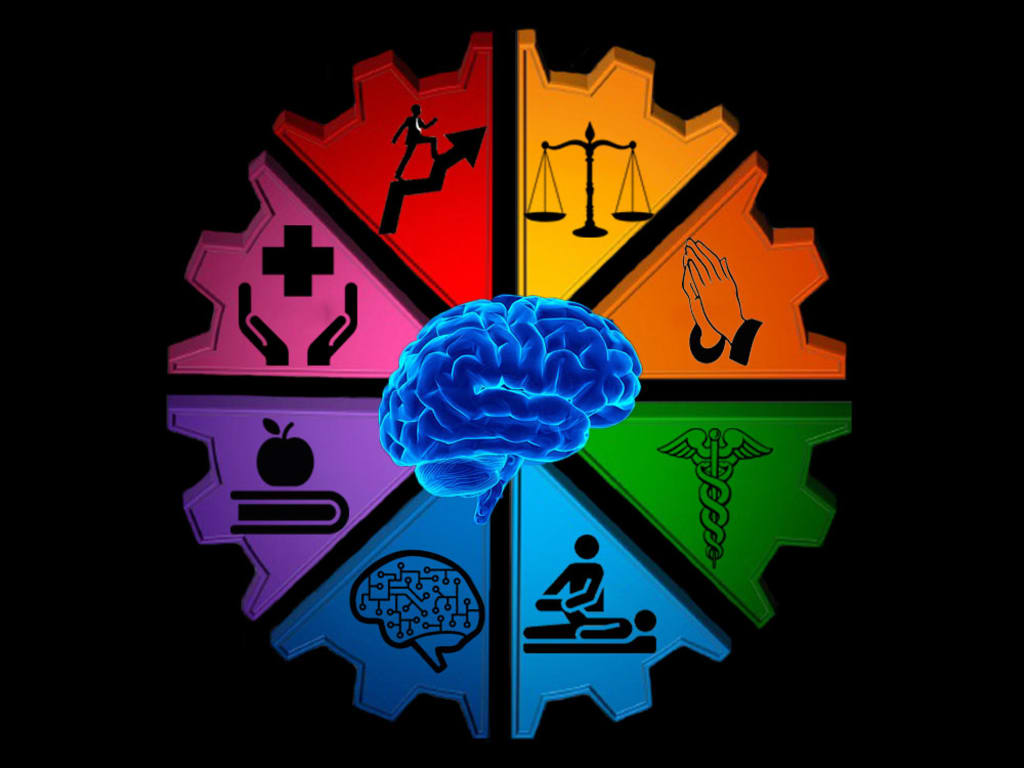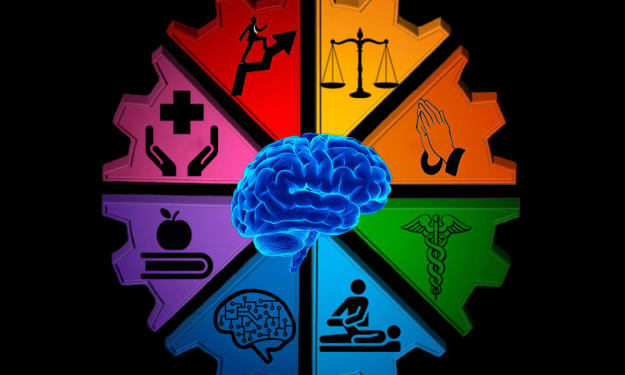The Replication Crisis (in science)
The issue of replicating scientific results

Psychology, as well as many other scientific fields, has begun to face a crisis the likes of which hasn't been seen in the history of scientific inquiry. This crisis, is the crisis of replication in the sciences. To understand what that is, first a definition of replication. In the sciences, a piece of research is considered generalizable to the larger population if it has specific statistical significance values and a diverse enough sample of subjects/participants. Replication is the term used to refer to the process of reproducing the original study's results. This replication of the original is used to provide evidence of the long-lasting effect of the research, and that research's applicability across different contexts.
However, over the last couple of decades, especially the last seven or eight years, scientific inquiry has faced a crisis of replication, as many studies in the sciences that were considered seminal works, the guide for most theory and research in those fields, have come under fire for their inability to be replicated. That is, these studies that form the foundation of certain conclusions of their fields do not have results that can be reproduced confidently. This is an issue that pervades not only sciences such as biology, medicine, etc. but also social sciences like sociology, and yes, psychology as well.
However, there is an ongoing discussion in the academic community as to how and why this crisis is occurring. In psychology, which I will base my conclusions on from this point forward, there is much finger pointing as to the cause of the replication crisis. However, one major cause stands above the rest, and that is the statistical methods (as well as the research practices) that are used in the studies. One researcher, Dr. David Trafimow argues that it is the way we as a science approach the idea of replication, through simple statistical significance testing, that is a root cause of the replication crisis. Trafimow (2018) argues that psychological science needs to replace the questionable research practices with a more thorough and rigorous testing practice, and that studies should prioritize participant diversity over statistical significance or effect size testing. For Trafimow (2018), the best way to ensure that psychological science successfully addresses the replication crisis is to apply a method in which researchers analyze the closeness of sample means (that is the mean of the sample of participants in the study) to the population mean (that is the mean of the current overall population). In this method, researchers can determine their potential for replicability before data is gathered and can judge the amount of participants necessary for a successful replication based on how close they desire their sample to be to the population.
Trafimow's approach is a statistical and methodological approach to resolving the crisis of replicability in scientific research (specifically psychological research) and paves a road to increasing confidence in the academic discipline of psychology through alternative statistical and methodological testing. This is not the only approach, however, as many other researchers also contribute to the discussion of replication and reproduction of results in psychology. Wiggins and Chrisopherson (2019) argue that the replication crisis is not just one of methodology and statistical analysis, but also of philosophy and theory. According to Wiggins and Chrisopherson (2019) the approach that psychologists must consider is one of philosophical and theoretical reform. They argue that while methodology and statistics form the analysis issue of the crisis, the way researchers conceptualize their approach is also to blame.
While the references listed below are cited above, the issue is much more drastic than just two academic papers or two researchers. For the issue of replicability, the potential resolution is most likely still several years on at minimum. However, the current discourse on the issue of replicability should not discourage you from trusting in the results of scientific inquiry. While studies may show replicability issues, the major scientific conclusions, from which scientific consensus is based continues to provide reliable application in their fields.
References
Trafimow, D. (2018). An a priori solution to the replication crisis, Philosophical Psychology, 31(8), 1188-1214. doi: 10.1080/09515089.2018.1490707
Wiggins, B. J. & Chrisopherson, C. D. (2019). The replication crisis in psychology: An overview for theoretical and philosophical psychology, Journal of Theoretical and Philosophical Psychology, 39(4), 202-217. Doi: http://dx.doi.org/10.1037/teo0000137
About the Creator
Cobe Wilson
Gamer, writer, poet, academic.
Purchase photography or merchandise here!!! --> https://the-photography-of-cobe-wilson.creator-spring.com/






Comments
There are no comments for this story
Be the first to respond and start the conversation.